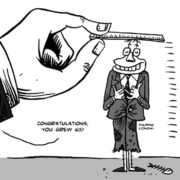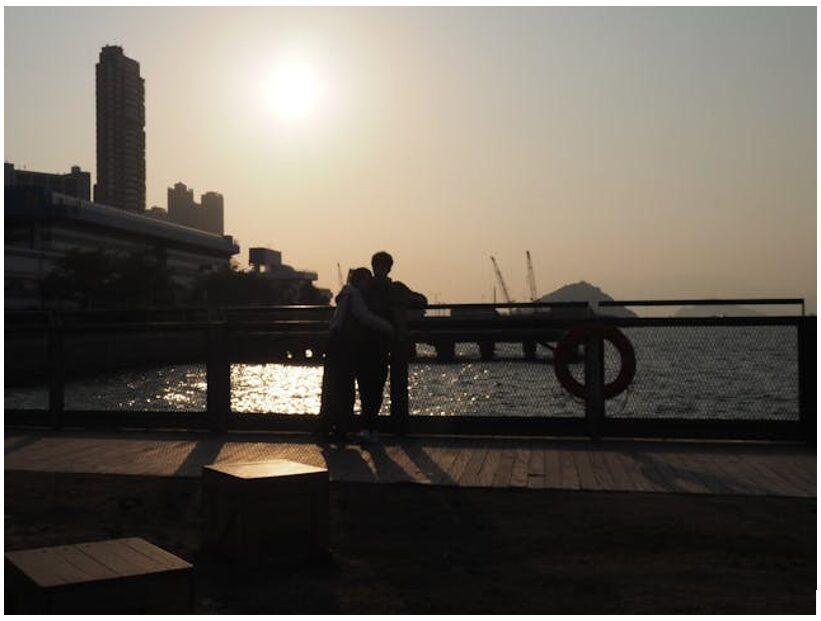UNTIL now, social media is being inundated by opposing feedbacks from Pinoys over best-selling author Dan Brown’s (Da Vinci Code and The Lost Symbol) description of Manila as “the gates of hell,” in his new book, Inferno.
In Brown’s book, Manila is depicted as a city of “six-hour traffic jams, suffocating pollution, horrifying sex trade.”
“I’ve run through the gates of hell,” says Sienna Brooks, a character in the novel.
This is not the first time that unflattering descriptions of this nature caused a furor among Filipinos.
In 1999, Hollywood actress Claire Danes who shot the film Brokedown Palace in Manila drew flack for saying that Manila was “smelly, weird and full of rats,” in an interview, according to the Associated Press.
Then President Joseph Estrada banned the actress because of her negative feedback about the city.
Metro Manila Development Authority (MMDA) Chairman Francis Tolentino wrote the novelist a letter expressing his displeasure over “how you (Brown) have used Manila as a venue and source of character’s breakdown and trauma, much more her disillusionment in humanity.”
In an interview with GMA News, Tolentino said that rather than referring to Manila as the “gates of hell,” the city should be called as a “portal to heaven” because its citizens are highly religious.
“More than your portrayal of it, Metro Manila is the center of Filipino spirit, faith and hope… Manila citizens are more than capable of exemplifying good character and compassion towards each other, something your novel has failed to acknowledge,” Tolentino emphasized.
Meanwhile, Malacañang expressed confidence that when it comes to the real state of Manila, both Pinoys and foreign tourists, who have been to the city, know better.
Deputy presidential spokesperson Abigail Valte said that foreign tourists who have been to Manila agree with the Department of Tourism’s slogan: “It’s more fun in the Philippines.”
“We trust that ordinary readers will give more weight to the testimonials of real people who have enjoyed their stay here in our beautiful country over the experiences of a fictional character whose narrative is written for maximum effect,” she said.
In his Facebook page, cultural activist Carlos Celdran also advised his kababayans to “keep calm and ignore Dan Brown.”
“Considering the pagka-pikon ng mga Pinoy, I can’t blame them also because the reason why they’re so pikon is because they’re helpless in changing our city,” Celdran said.
“Ang gulo talaga ng Maynila. Kung may confidence ang mga Pilipino or Manileños in changing our city, I don’t think we’d be so pikon,” he further added.
However, despite this admittance, Celdran also reminded Brown that the United States is partly to blame for the current state of Manila — bombed by American forces and left in ruins during WW II.
Celdran also pointed out that despite the negativity of Brown’s descriptions of Manila, the novel’s popularity might become favorable for Filipinos in the long run.
“We should also thank the fact na he’s giving us international attention because if this book of Dan Brown makes it big, sigurado ‘pag may movie they will still be in Manila,” Celdran said.
While the uproar is understandable (especially since we’ve already been regarded as “balat-sibuyas” in the past, for reacting the same way to similar situations), the whole hullabaloo is rooted on a fictitious story, which is essentially what it is — FICTION and nothing else beyond that.
On the other hand, the Filipino indignation (a wrath possibly worse than the “gates of hell”) over such petty things is very REAL. Being “pikon” (as Celdran succinctly put it) is an attitude that we really need to tame, if not altogether eradicate from our system.
And if we could replace it with a willingness to change or improve what’s unsavory or insipid, that would even be better.
(AJPress)






